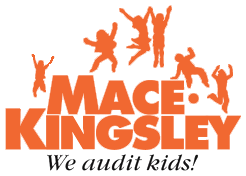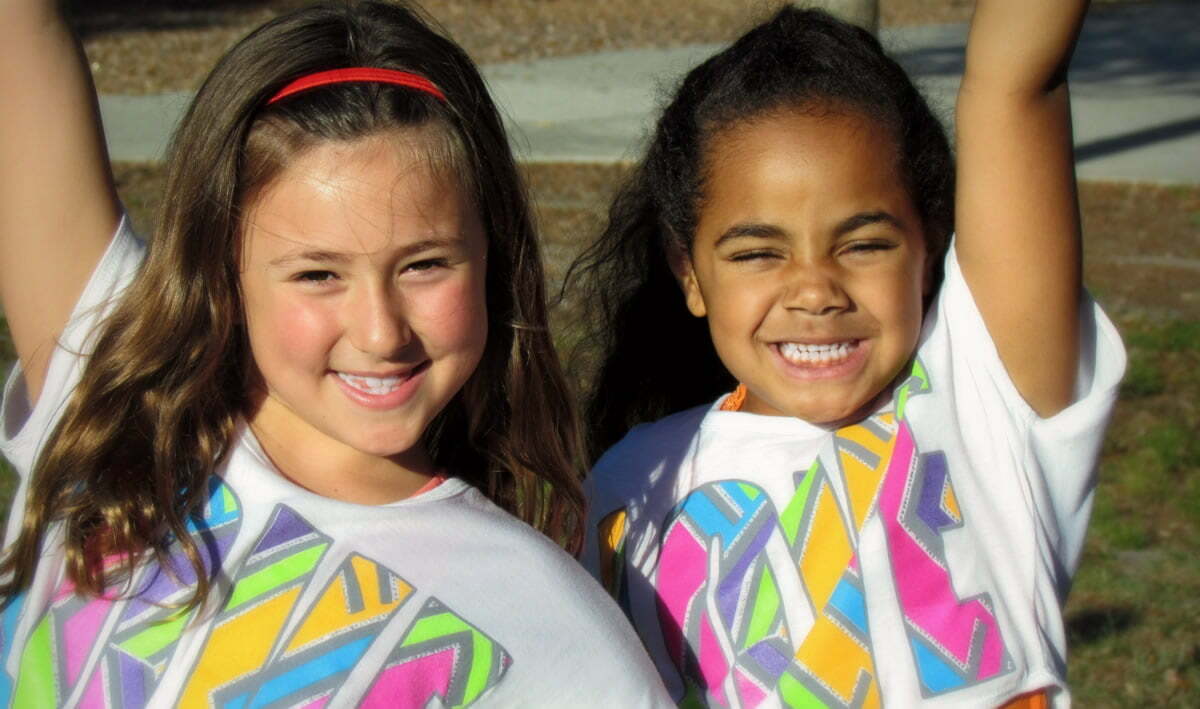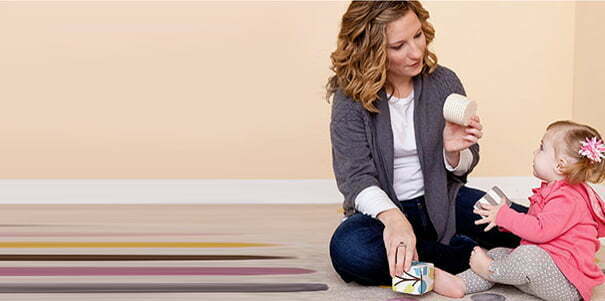A word that is often misunderstood: Constructive: It means “Helping to improve; promoting further development or advancement (opposed to destructive).” Keep checking in to find out why it is good to know this.
Successful: is deciding to do something and then actually doing it or deciding not to do something and actually not doing it. Accomplishing or realizing a goal.
How to Know How to Make the Correct Choices
First let me say that those young people who have taken classes with me know this information well! But one can never know this well enough or be reminded of it. It is something that I so wish I had really duplicated when I was younger. It would have saved me so many mistakes and heartache had I really “gotten” and used this information. So I am passing it on here for all the teens that missed this in my classes and for any adults who never looked at things in this way.
How do you determine if something is good or good to do? Well let’s look at this definition of good and see if it will help you. One definition of good is “being more *successful than one is unsuccessful along **constructive lines.
Evil is being more successful than one is being unsuccessful along non-constructive lines. Harmful things and activities that go against ones own survival and/or the survival of others.
When you look at these definitions of good and evil before one chooses to act one can compare the act against them. Will my action be constructive? Will I be able to complete my constructive action or in leaving it incomplete will it be more harmful.
In thinking of good vs evil people tend to think of extremes but often the choices before us are very subtle where one might not really consider an action evil. I will give you a clear example that I often use with the younger students so you can see what I mean by this:
Let’s say you have three students who have signed up for classes. Each student should have a clear purpose and something they want to achieve by signing up for that course. Each has a good reason for wanting that information to help them in life. But let’s say one of them did not. Perhaps he signed up for the class only because his parents required it and he has no real purpose for doing the course himself. This one student who we will call student “A” decides his only purpose to take the class is just to play around with his friends. So he comes to class daily and now makes jokes and makes the other kids laugh. The other kids become more interested in student “A” rather than the information in their class. Now they are pulled away from their studies, the class is disrupted and no one is achieving their purpose or goal. Is student “A” being good or evil? He is after all just being fun, having fun, right?
Well let’s compare his actions against the above definitions of good and evil. Is student “A”s actions constructive (helpful) to the majority of the students achieving their goals and purposes for taking their classes? No? OK then there is the easy answer! Now normally one would not think of that particular action as evil but when you look it that way it is.
Using this to help you make every day decisions makes things so much easier:
Should I leave that mess or not? Constructive? Destructive? Which? And what is your intention: to be constructive or harmful?
Should I drink alcohol knowing I will have to drive home?
Should I eat that sweet when my intention is to lose weight and be healthy?
Should I let those nasty words fly out of my mouth no matter how deserved?
Should I be intimate with that person or not?
Should I go to the dentist or not?
Every decision can be examined against this and in doing so your chances of arriving at a happier outcome will be much greater.
It is something every child can be easily taught, every teen can be reminded of and every adult can use to help them become a better parent, a better spouse, a better employee, a better person in general.
To get more exact data and technology regarding this subject contact Mace-Kingsley Family Center at 727-442-3922 or www.macekingsley.com. We will be happy to refer you to the courses and books that give you this exact information.
*Successful: is deciding to do something and then actually doing it or deciding not to do something and actually not doing it. Accomplishing or realizing a goal.
**Constructive: It means “Helping to improve; promoting further development or advancement (opposed to destructive).” Keep checking in to find out why it is good to know this.






 Something my parents did when I was a teen was, they provided my necessities—all of them. However, extra clothes, jewelry, hobbies etc they had me work out how I would earn the money to get those things. They helped me learn how to save the money for those things. And they helped me learn to budget my money by shopping with me and showing me how to find sales, how to get the best quality items for the least amount of money. If I wanted a stereo or an instrument etc., I bought it for myself.
Something my parents did when I was a teen was, they provided my necessities—all of them. However, extra clothes, jewelry, hobbies etc they had me work out how I would earn the money to get those things. They helped me learn how to save the money for those things. And they helped me learn to budget my money by shopping with me and showing me how to find sales, how to get the best quality items for the least amount of money. If I wanted a stereo or an instrument etc., I bought it for myself.